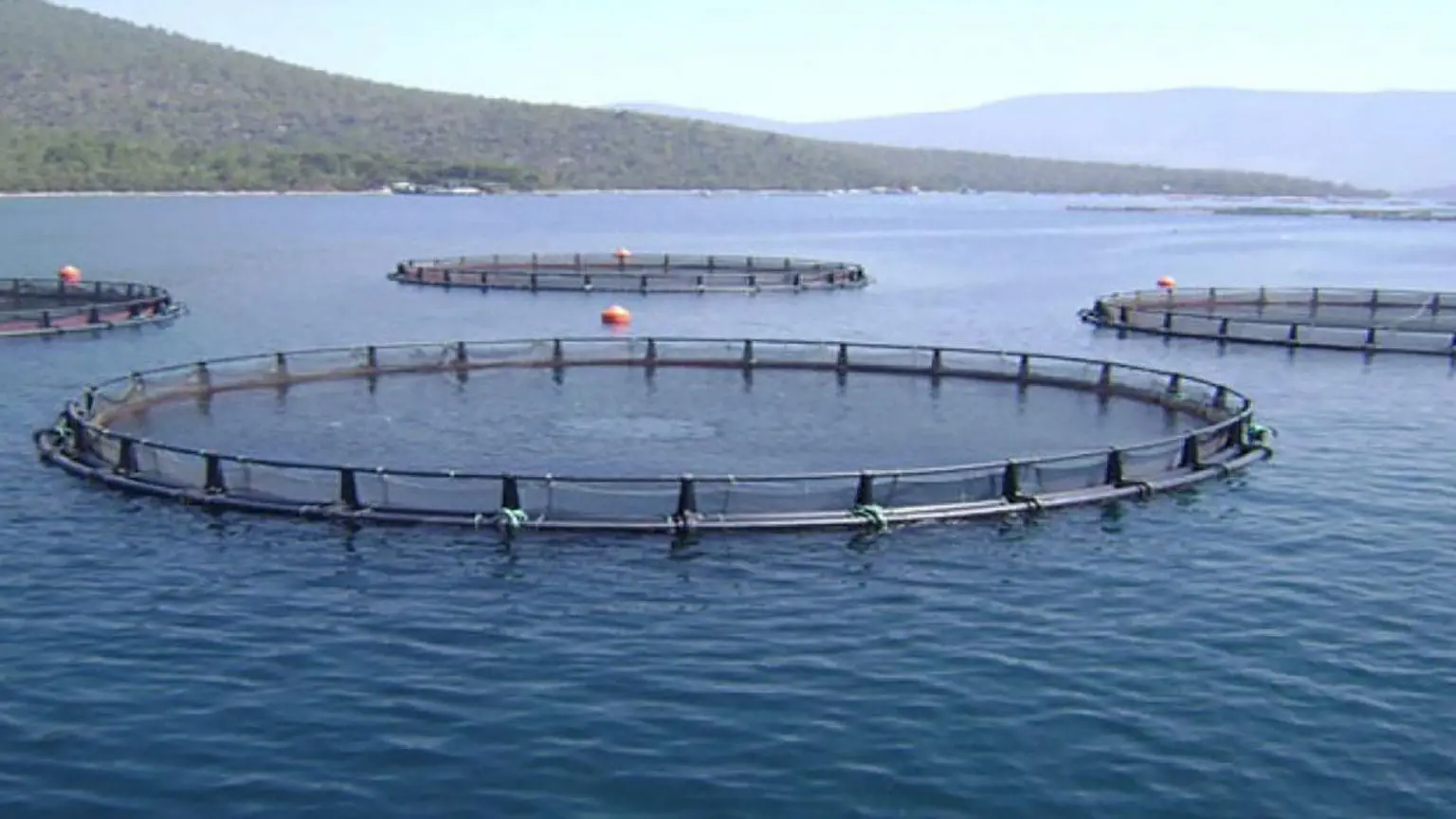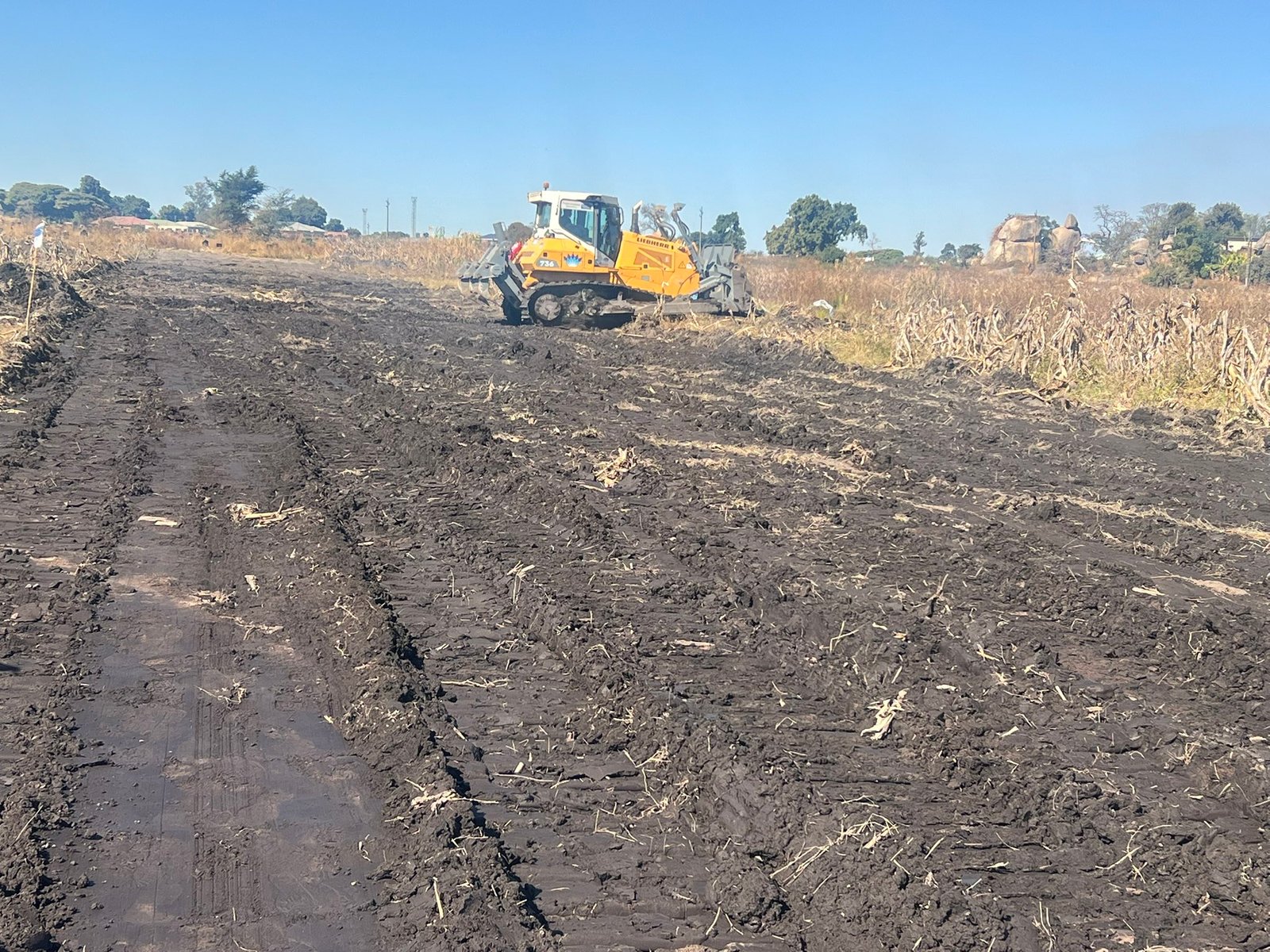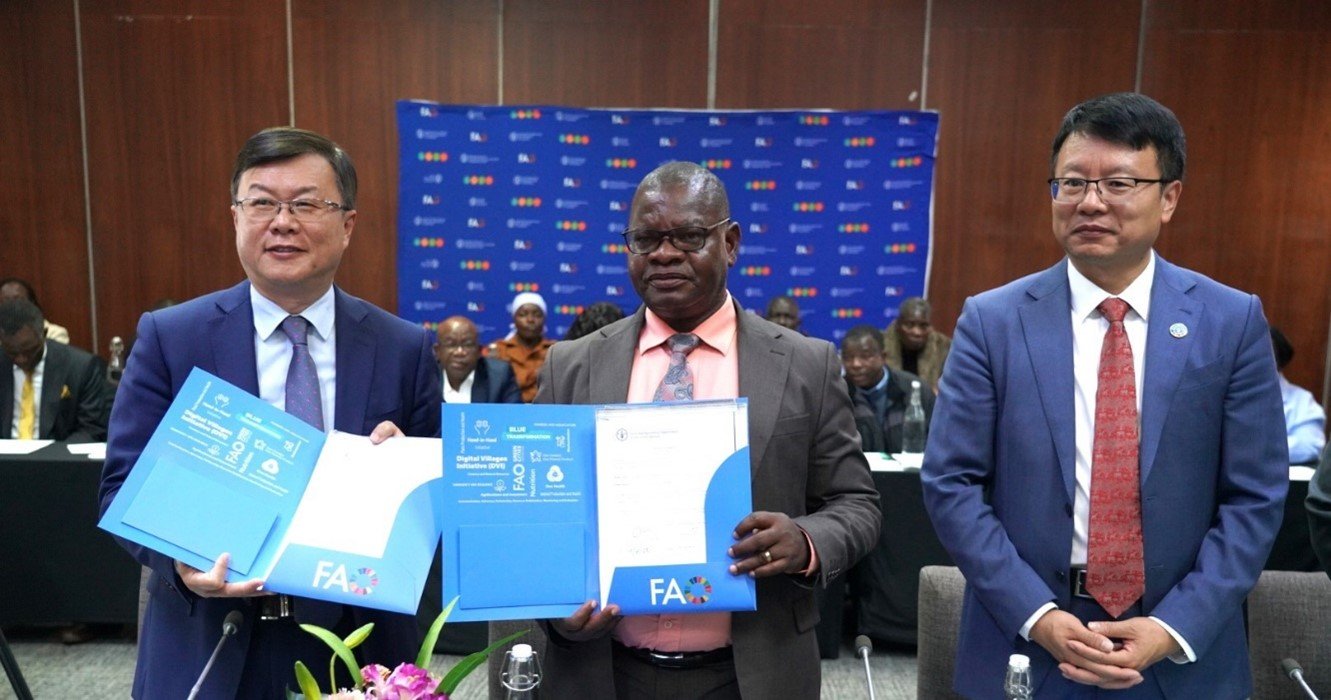The Fisheries and Aquaculture Resources Department (FARD) is launching nationwide consultations to inform a new Fisheries and Aquaculture Bill, aimed at revitalizing Zimbabwe’s fisheries sector.
Initial workshops will take place from March 1 to 5 in Nyanga, Bulawayo, and Kariba, gathering input from a wide range of stakeholders, including government officials, private sector representatives, and fish farmers.
Zimbabwe’s fisheries industry, often seen as underutilized, currently operates under the Parks and Wildlife Act, which primarily focuses on conservation rather than industry development. The new Bill seeks to align the legal framework with the Ministry of Lands, Agriculture, Fisheries, Water and Rural Development’s vision for a US$1 billion fisheries sector.
“These consultations are vital, we need insights from everyone, from small-scale fishers to large-scale aquaculture operations, to ensure the new bill reflects ground realities,” said FARD director Milton Makumbe.
The workshops will address key issues such as licensing, sustainable fishing practices, aquaculture development, and stakeholder responsibilities. The feedback will be crucial for drafting a comprehensive Bill for Parliament, following the recent finalization of the Fisheries and Aquatic Resources Development Plan.
“This legislation will be a catalyst for increased production, job creation, and economic growth across communities.”
The Nyanga, Bulawayo, and Kariba workshops mark the beginning of a broader consultation process, with additional locations to be announced soon.
Zimbabwe is projected to maintain its fish production at 5,140 metric tons through 2028, with no anticipated change from the 2023 level. This stability comes despite a historical decline in supply, which has decreased by 22.8% annually since 1977.
In contrast, fish consumption in Zimbabwe is on the rise. It is expected to reach 21,000 metric tons by 2028, up from approximately 20,000 metric tons in 2023. This represents an average annual growth rate of 1%. Since 2019, the demand for fish in Zimbabwe has increased by 1.4% each year.
In the global context, Zimbabwe ranked 92nd in fish consumption in 2023, with Kenya just ahead at 20,000 metric tons. Leading the rankings were Japan, the Philippines, and Thailand, occupying the second, third, and fourth spots respectively.





